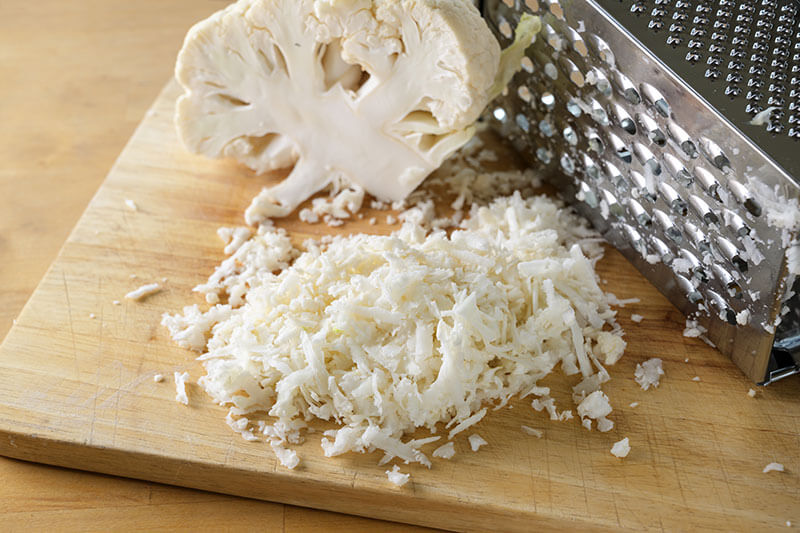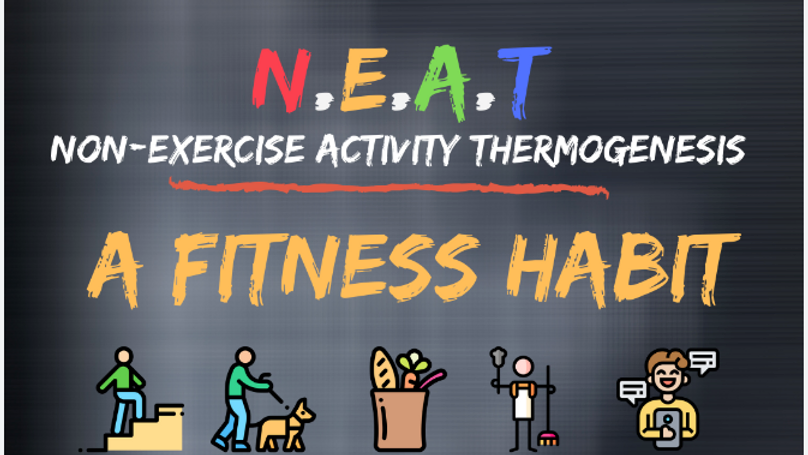One of our dietitians, Annie Epp, RD, spoke about Carbohydrates. With all the information about low carbohydrate diets out there, she wanted to explain the difference between types of carbohydrates and which are the healthiest. She started with the actual building blocks of carbohydrates.
SIMPLE CARBOHYDRATES
The most simple building block of carbs are monosaccharides, which she described as a single pearl on a pearl necklace. The are a 5 or 6 carbon rings bonded to oxygen and hydrogen.
- The monosaccharides are:
- Glucose
- Fructose (the sweetest form)
- Galactose (the carb in milk)
Two monosaccharides joined together are a disaccharide.
- These combinations may be one of the following:
- Maltose – which is 2 glucose monosaccharides joined together (alcoholic beverages, barley)
- Sucrose – which is 1 glucose and 1 fructose joined together (table sugar)
- Lactose – which is 1 glucose and 1 galactose joined together (carb in milk)
- High Fructose Corn Syrup (HFCS) – this is glucose combined with a fructose, but artificially processed – this is not a natural carbohydrate – cheaper to process than real cane or beet sugar, and became popular in food industry as a cheap and easy way to sweeten foods. The introduction of HFCS is when the obesity epidemic began, and it is suggested that this is part of the cause.
The monosaccharides and disaccharides are the simplest form of carbohydrate and therefore are absorbed very quickly, which causes the blood sugar to spike and fall quickly. This is NOT a good source of energy for sustained period. You find these in table sugar, candy, desserts, and sugary drinks. The only simple carb that is okay is dairy products, because of the protein that they also provide, and this helps to prevent the extreme blood sugar spikes.
Refined Carbohydrates and Sugars:
These are grains that have been processed to remove the bran and germ of the grain. This gives the grain a finer texture for baking, but also removes the fiber, iron and B vitamins. These should be avoided. Examples are white bread, pasta and rice, sweets and candy, gas station snack foods, sugary drinks.
Sugar Alcohols are a form of carb that isn’t completed digested. These include xylitol, sorbitol and mannitol.
COMPLEX CARBOHYDRATES OR POLYSACCHARIDES
These are many monosaccharides linked together, and the 3 types are:
- Starch – the storage form of carbs in plants, like corn, peas, potatoes and wheat
- Glycogen – the storage form of carbs in animals (including humans) in liver and muscle
- Fiber – dietary fiber found naturally in whole grains, fruits, vegetables, nuts and seeds, and beans and legumes.
Some fiber is absorbed (soluble fiber) and some cannot be absorbed and passes out of the body.
Complex carbohydrates do not cause the big spikes in blood sugars, which is important because when blood sugar is high, it results in insulin allowing glucose to enter a fat cell increasing the overall fat mass.
THE NUTRITION LABEL
When reading a nutrition label, the “sugar” listed is the total amount of carbs from the mono and disaccharides, or the simple carbs. These you want to avoid.
The Total Carbohydrates = the total Sugars, Starches and Fiber. Ignore the term “Net Carbs” because this is just a marketing tool to make you think it is lower in carbs. The only one to really count is the Total Carbhydrates.
Meal Composition after you heal from surgery should be the following:
- 3 oz. solid protein 3 meals a day (50 – 60 gm of protein/day)
- 1/3 cup non-starchy vegetables with 2 meals a day
- 1/3 cup of fruit or whole grains with 2 meals a day
This should give you approximately the following composition:
30-45 grams of total carbs per day
10-15 grams of total carbs PER MEAL if eating carbs with 2 meals a day
5 – 10 grams of total carbs PER MEAL if eating carbs with 3 meals a day
Annie then showed us a few examples of good and poor choices in individual frozen meals you can buy:
Good Choices Included:
- Smartmade Chicken Fried Cauliflower Rice Bowl – 18 gm protein/16 gm carbs
- Bariatric Pal Vegetable Chili – 15 gm protein/9 gm carbs
Bad Choices included:
- Smartmade Roasted Turkey and Vegetables – 20 gm protein/36 gm carbs
- SmartOnes Santa Fe Rice & Beans – 11 gm protein/39 gm carbs
Just as you try to get in 60 grams of protein a day, try to keep your carbs to no more than 60 grams, so you are matching carbs/protein 1 to 1, and you will be doing well!









